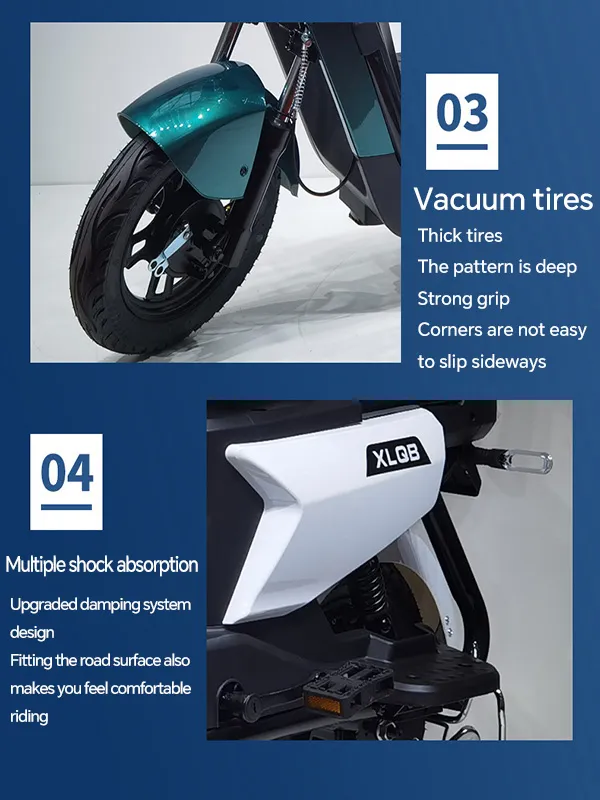
- Afrikaans
- Albanian
- Amharic
- Arabic
- Armenian
- Azerbaijani
- Basque
- Belarusian
- Bengali
- Bosnian
- Bulgarian
- Catalan
- Cebuano
- Corsican
- Croatian
- Czech
- Danish
- Dutch
- English
- Esperanto
- Estonian
- Finnish
- French
- Frisian
- Galician
- Georgian
- German
- Greek
- Gujarati
- Haitian Creole
- hausa
- hawaiian
- Hebrew
- Hindi
- Miao
- Hungarian
- Icelandic
- igbo
- Indonesian
- irish
- Italian
- Japanese
- Javanese
- Kannada
- kazakh
- Khmer
- Rwandese
- Korean
- Kurdish
- Kyrgyz
- Lao
- Latin
- Latvian
- Lithuanian
- Luxembourgish
- Macedonian
- Malgashi
- Malay
- Malayalam
- Maltese
- Maori
- Marathi
- Mongolian
- Myanmar
- Nepali
- Norwegian
- Norwegian
- Occitan
- Pashto
- Persian
- Polish
- Portuguese
- Punjabi
- Romanian
- Russian
- Samoan
- Scottish Gaelic
- Serbian
- Sesotho
- Shona
- Sindhi
- Sinhala
- Slovak
- Slovenian
- Somali
- Spanish
- Sundanese
- Swahili
- Swedish
- Tagalog
- Tajik
- Tamil
- Tatar
- Telugu
- Thai
- Turkish
- Turkmen
- Ukrainian
- Urdu
- Uighur
- Uzbek
- Vietnamese
- Welsh
- Bantu
- Yiddish
- Yoruba
- Zulu
Dec . 14, 2024 08:34 Back to list
electric bike range
Understanding Electric Bike Range Factors and Considerations
In recent years, electric bikes, or e-bikes, have surged in popularity as environmentally friendly alternatives to traditional bicycles and cars. Among the various aspects potential buyers consider, one of the most critical is the range of the electric bike. Range refers to the distance an e-bike can travel on a single charge, and it is influenced by various factors including battery capacity, riding conditions, and user habits.
Battery Capacity The Heart of the E-Bike
The range of an electric bike is heavily dependent on its battery capacity, measured in watt-hours (Wh). Generally, a higher watt-hour rating means a longer range. For instance, a bike equipped with a 500Wh battery can be expected to cover more distance compared to a model with a 300Wh battery under similar conditions. Most mid-range electric bikes fall within the 400-700Wh range, allowing for a decent balance of weight, cost, and distance. However, users should also consider the efficiency of the bike's motor and overall system, as they impact how effectively the battery's power is utilized.
Riding Conditions
The environment in which you ride plays a significant role in determining an e-bike's range. Factors such as terrain, weather, and riding style can greatly impact battery consumption. For example, riding on flat, smooth surfaces will use less energy than climbing steep hills or navigating rough trails. Wind resistance can also reduce range dramatically, particularly when riding against a strong headwind. Likewise, riding in inclement weather, such as rain or snow, can lead to increased resistance and power usage. To maximize range, cyclists should plan their routes and consider changing conditions.
electric bike range

User Habits and Riding Style
How a rider operates the e-bike can significantly affect its range. Aggressive acceleration, high top speeds, and frequent stops will consume more battery power, while a more conservative riding style can extend the total distance covered. Using pedal assist modes wisely can help as well; many e-bikes come with multiple levels of assistance that allow riders to adjust power usage based on their needs. For longer rides, it’s advisable to start in a lower power mode and gradually increase it as required. Additionally, rider weight and the weight of any cargo being transported will also influence range; more weight typically results in higher power consumption.
Range Anxiety and Solutions
One of the biggest concerns for potential e-bike riders is range anxiety—the fear of running out of battery before reaching their destination. To alleviate such concerns, manufacturers are increasingly developing e-bikes with more substantial ranges, often surpassing 50 miles on a single charge, depending on the factors outlined above. Riders can also invest in additional batteries or portable charging solutions, especially for longer journeys. Knowing the locations of charging stations or carrying a compact bike charger can also help diminish range anxiety.
Conclusion
In summary, understanding electric bike range involves multiple factors, including battery capacity, riding conditions, and user habits. As e-bikes evolve, many models now offer impressive ranges that can meet the needs of daily commuters and recreational riders alike. By keeping these considerations in mind and planning accordingly, riders can enjoy the freedom and efficiency of electric biking without the worry of being stranded with a dead battery. Ultimately, knowledge and preparation are key to maximizing your e-bike experience and ensuring you can ride further, safer, and more confidently.
-
The Ultimate Kids' Four-Wheeler Experience
NewsJul.09,2025
-
The Ultimate Guide to Mountain Bikes: Gear Up for Your Ride
NewsJul.09,2025
-
The New Age of Cycling: Electric Bikes for Every Rider
NewsJul.09,2025
-
The Best Kids Bicycles: Ride in Style and Safety
NewsJul.09,2025
-
The Best 3-Wheel Scooters for Kids: Fun, Safety, and Adventure
NewsJul.09,2025
-
Revolutionize Your Ride: Affordable Electric Bikes
NewsJul.09,2025
-
Finding the Perfect Mountain Bike for Every Rider
NewsJul.09,2025



